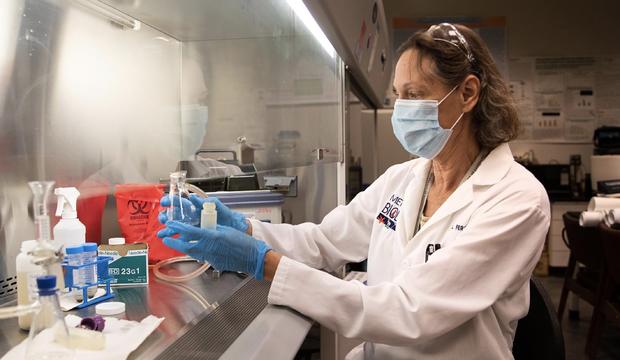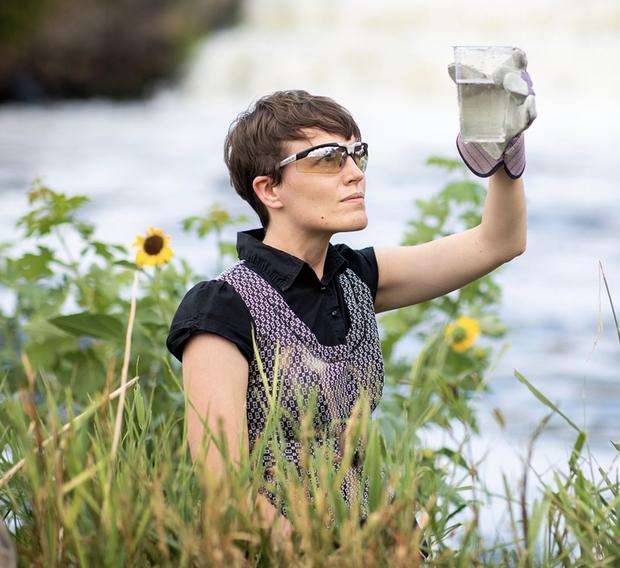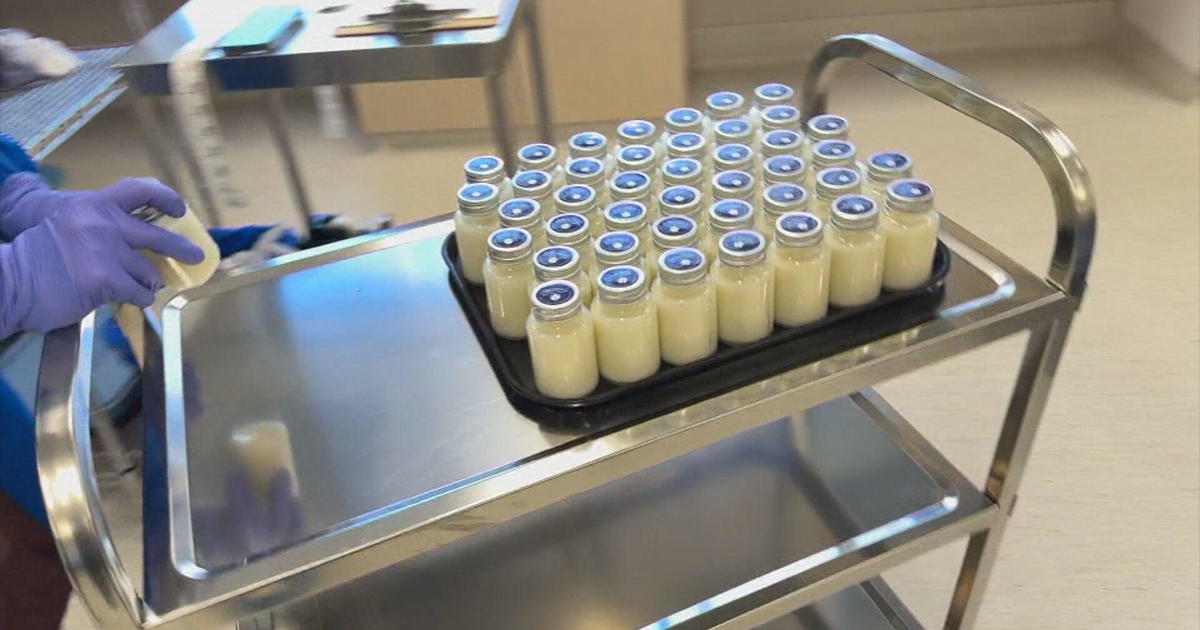Could Coronavirus Clues Be Found In Sewage? Colorado Researchers Are Trying To Find Out
DENVER (CBS4) - A federally funded project to study sewage for clues about COVID-19 is underway in Colorado. The research is taking place at wastewater treatment facilities on the Front Range and being led by state health officials.
The point of the effort is to go beyond diagnostic and antibody testing to find a way to determine sooner when a spike in coronavirus cases may have emerged in an area.
"The whole goal is developing a system of early warnings," said Tracy Fielder, one of the lead researchers and a 2019 graduate of Metropolitan State University of Denver. "If the detected (COVID-19) signal starts to rise, we can respond by alerting officials to respond accordingly."
People who contract coronavirus generally don't start showing symptoms until between 5 and 14 days afterwards, but Fielder says people "infected with the virus begin shedding it in their excrement within days of infection." That means the study could help predict when a spike of cases is arriving before general COVID-19 testing shows it in a community.
After wastewater samples are collected, the process of determining whether coronavirus is present or not takes about two days. The testing compares numerous samples -- so the goal is to be able to see when the wastewater shows a rise in the presence of coronavirus.
If the researchers in this study notice a spike in the presence of COVID-19, they will pass that information along to local hospitals so they can prepare for a potential rise in hospitalizations. That pattern could be repeated across the country to help health officials in various states be better prepared if their area becomes a new hotbed for the virus.
The process for the sampling the biologists in the study are using comes from Boston-based Biobot Analytics, which initially did their testing to detect opioids.
The pilot project launched this month and will last for a year. Learn more about it on a special section of MSU Denver's website. MSU Denver and Colorado State University are working with the Colorado Department of Public Health and Environment to conduct the study.





